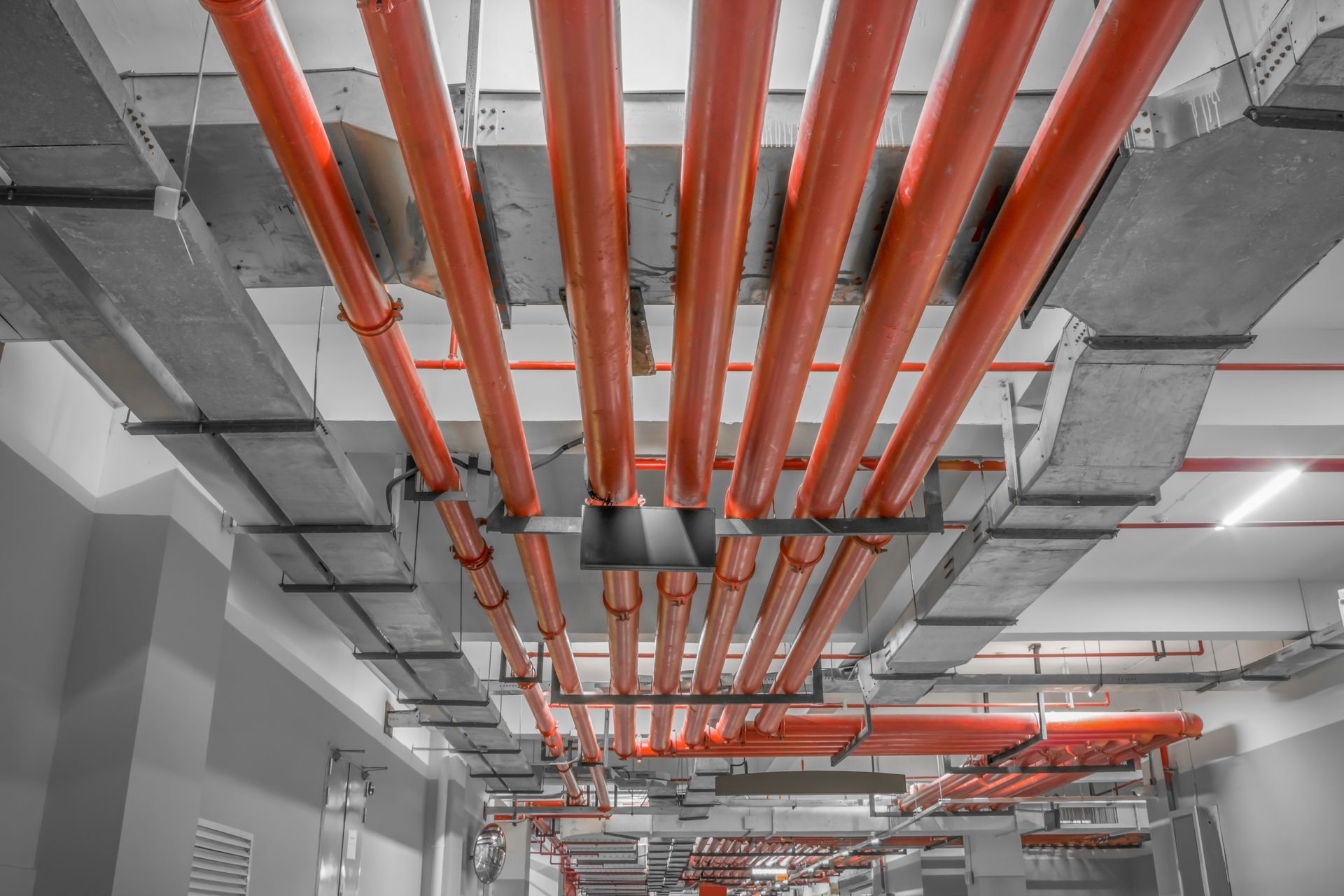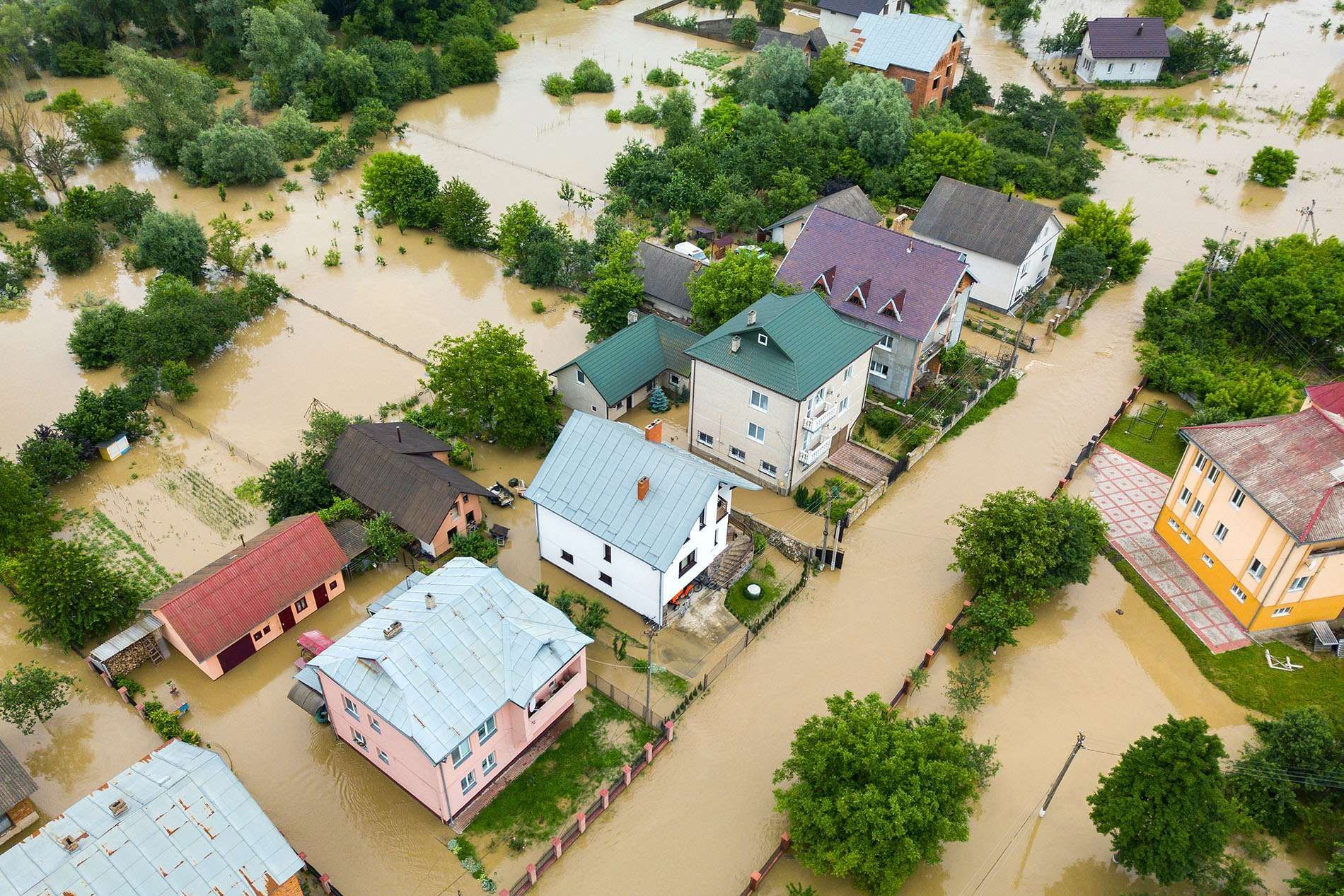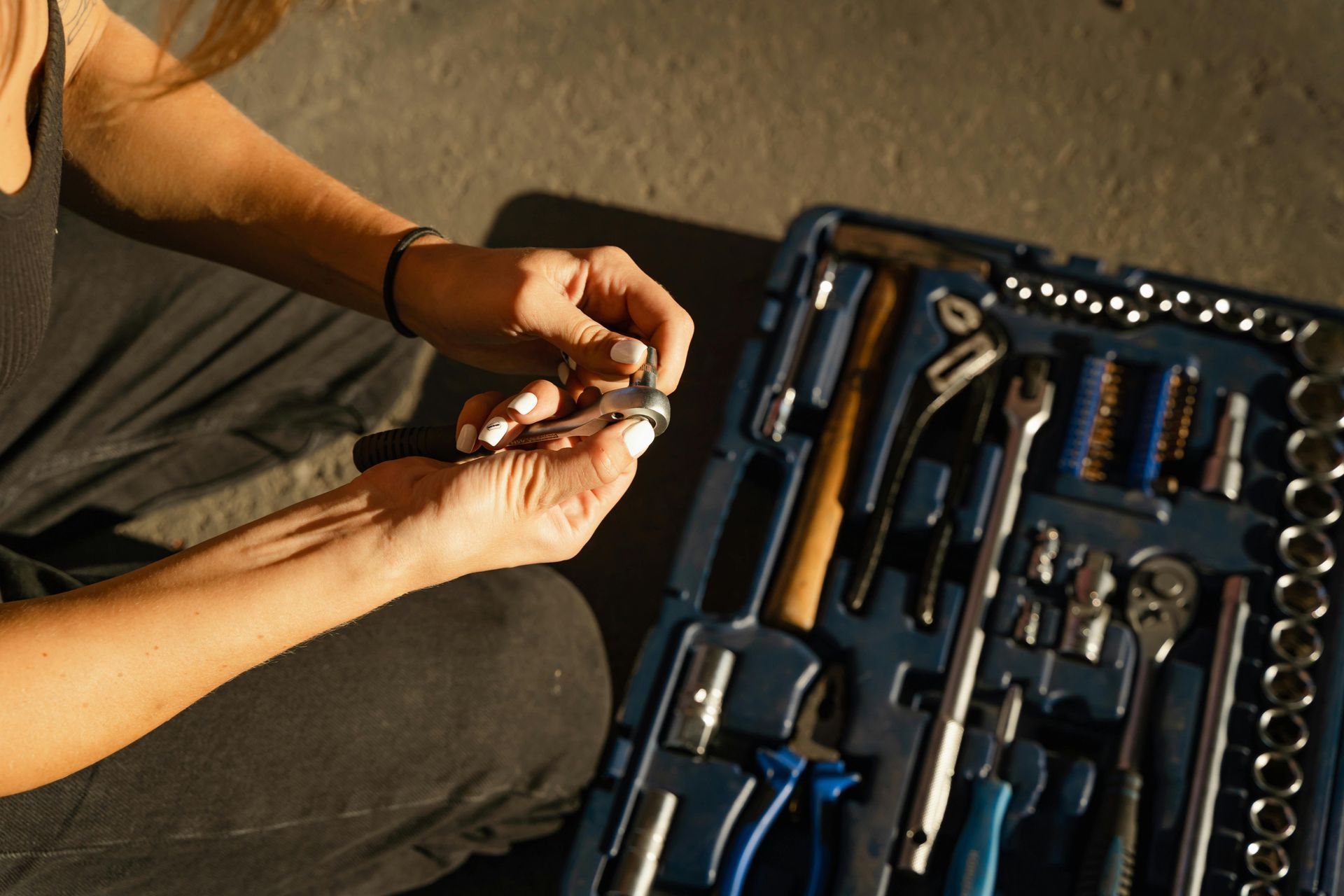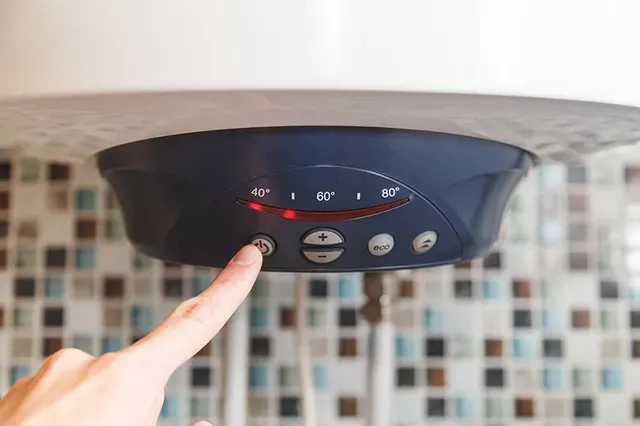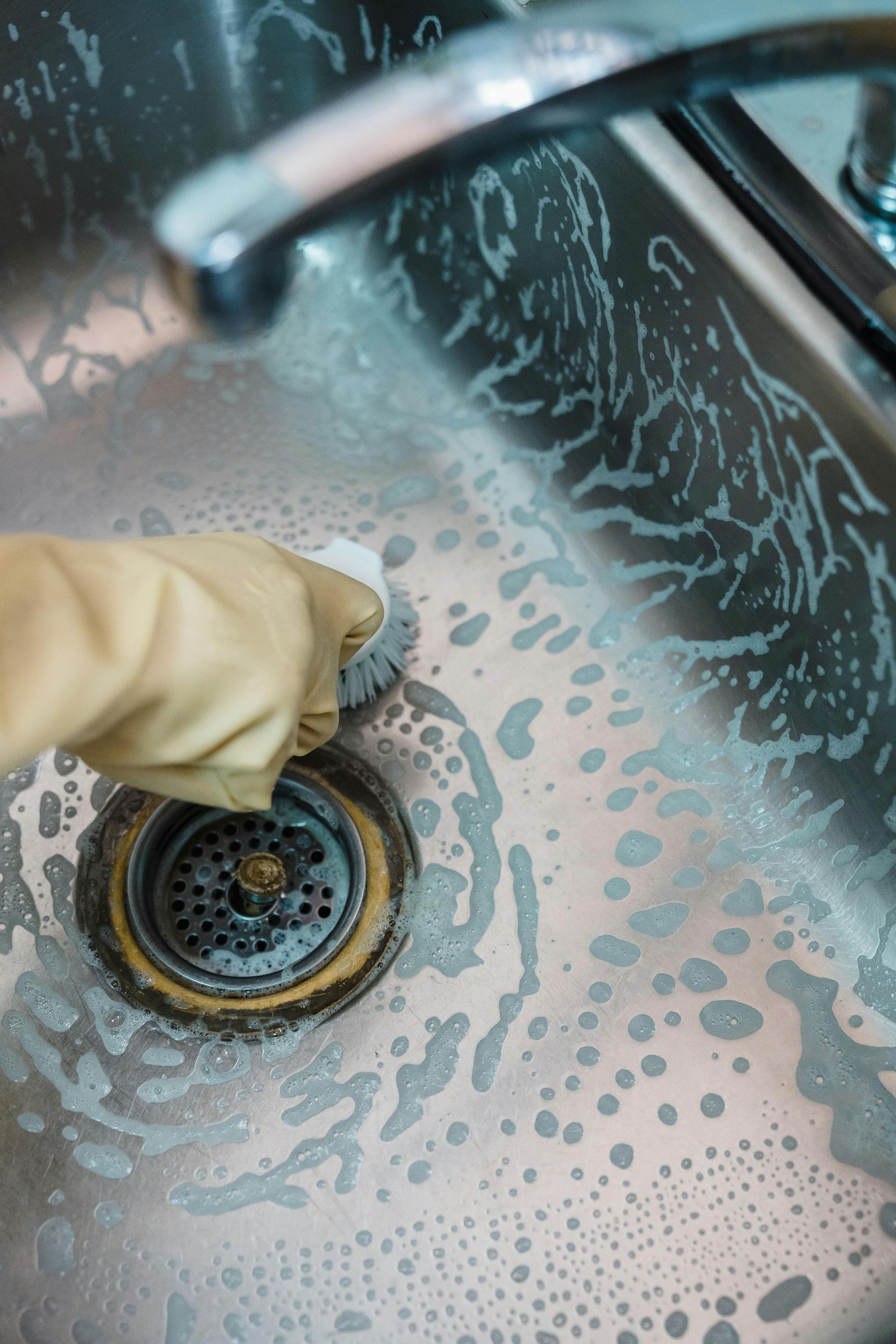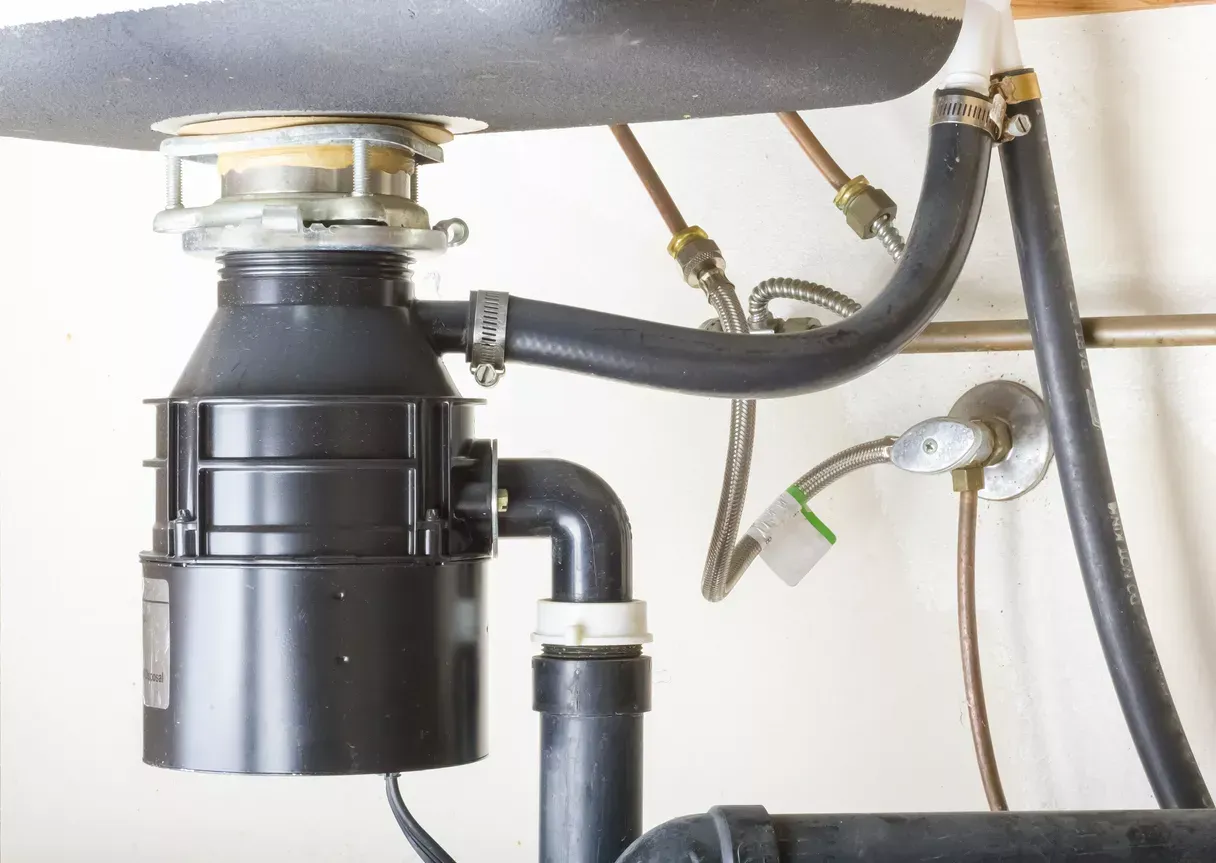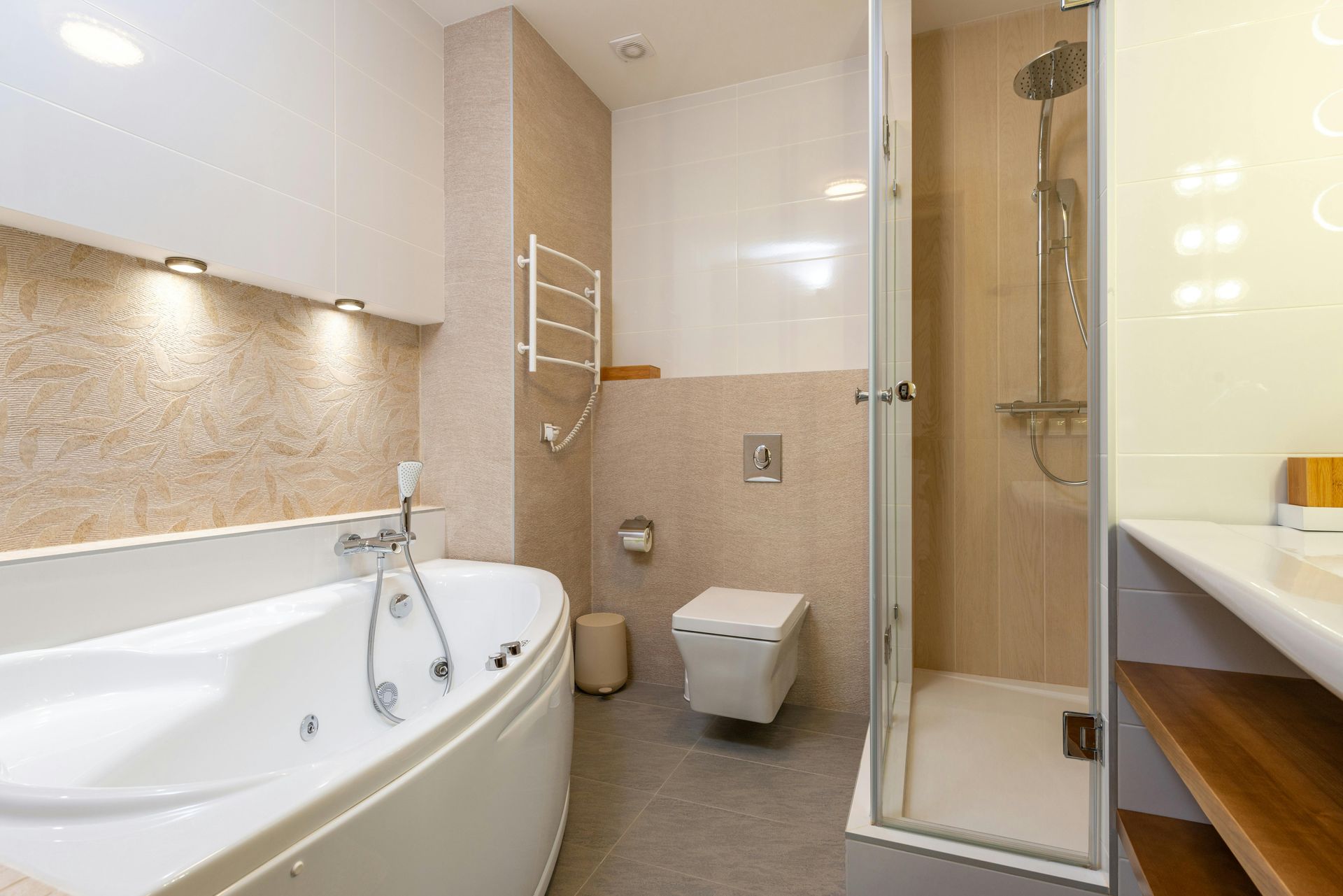Why Is My Water Heater Making Noise? Common Causes
Water heaters are essential to modern homes, providing hot water for daily needs. However, strange noises coming from your water heater can be alarming. These sounds often indicate underlying issues that, if left unresolved, could lead to more significant problems or even a complete system failure. Understanding the common causes of water heater noise can help you identify and address these issues promptly, ensuring the longevity and efficiency of your unit.
1. Sediment Buildup
One of the most common causes of water heater noise is sediment buildup.
Over time, minerals like calcium and magnesium, naturally present in water, can accumulate at the bottom of your water heater tank. As the burner heats the water, it also heats the sediment, causing it to harden and form a crust. This crust can trap water underneath it, leading to popping or rumbling noises as the water bubbles through the sediment layer.
Solution:
Regularly flushing your water heater can help prevent sediment buildup. It’s advisable to flush the tank at least once a year to remove any accumulated minerals. If the sediment layer is thick, you may need to repeat the process or consider a professional cleaning.
2. Loose Heating Elements
Electric water heaters have heating elements that can loosen over time.
When these elements become loose, they can vibrate as the water heats up, causing a humming or buzzing noise. While this sound is typically not harmful, it can be annoying and may indicate that the element needs to be tightened or replaced.
Solution:
Turn off the power to your water heater before checking the heating elements. Tighten them if they’re loose or replace them if they appear damaged or worn out. Always consult the manufacturer’s guidelines or hire a professional if you’re unsure about performing this task.
3. Water Pressure Issues
High water pressure can cause your water heater to make noise.
When the water pressure is too high, it forces the water to move through the pipes and the water heater at an accelerated rate, creating a high-pitched whining or screeching noise. This can also put unnecessary strain on your plumbing system, leading to potential leaks or other damage.
Solution:
Check the water pressure in your home using a pressure gauge. The ideal water pressure should be between 40 and 60 psi. If the pressure is too high, you may need to install or adjust a pressure-reducing valve.
4. Expanding and Contracting Pipes
Metal pipes expand and contract as they heat up and cool down.
This expansion and contraction can cause banging or knocking noises, particularly if the pipes are not securely fastened. This issue is more common in older homes with metal plumbing.
Solution:
Ensure that all pipes are properly secured with brackets or clips. Adding insulation around the pipes can also help minimize the noise by reducing the amount of expansion and contraction.
5. Faulty Temperature and Pressure Relief Valve
The temperature and pressure (T&P) relief valve is a critical safety component of your water heater.
If the T&P valve is faulty or malfunctioning, it can cause a hissing or sizzling noise as steam escapes from the valve. This issue requires immediate attention, as a faulty T&P valve can lead to dangerous pressure buildup in the tank.
Solution:
Test the T&P valve by lifting the lever to ensure that water flows freely from the discharge pipe. If the valve doesn’t operate correctly, it should be replaced immediately. This task is best handled by a professional plumber.
6. Accumulated Scale on Heating Elements
In areas with hard water, scale can accumulate on the heating elements of your water heater.
This buildup of mineral deposits can cause the elements to overheat, leading to a sizzling or popping noise. The noise occurs when water trapped in the scale is rapidly heated and turns to steam.
Solution:
If you live in an area with hard water, consider installing a water softener to reduce the amount of scale buildup in your water heater. Regular maintenance, such as cleaning or replacing the heating elements, can also help mitigate this issue.
7. Water Hammer
Water hammer occurs when water suddenly stops or changes direction in the pipes, causing a loud banging noise.
This phenomenon is often caused by quick-closing valves or high water pressure. While water hammer is more commonly associated with plumbing pipes, it can also cause noise in your water heater, especially if the system is affected by pressure fluctuations.
Solution:
Install a water hammer arrestor to absorb the shock and prevent the banging noise. Ensuring that your water pressure is within the recommended range can also help reduce the occurrence of water hammer.
Conclusion
Strange noises coming from your water heater are more than just a nuisance—they can signal underlying issues that require attention. By understanding the common causes of water heater noise, you can take proactive steps to maintain your system and avoid costly repairs. Regular maintenance, such as flushing the tank, checking the heating elements, and monitoring water pressure, can go a long way in ensuring the longevity and efficiency of your water heater.
If you’re unsure about any noise or suspect a more serious problem, it’s always best to consult a professional plumber to diagnose and fix the issue.
FAQs
Q: Why does my water heater make a popping noise?
A: Popping noises are often caused by sediment buildup at the bottom of the tank. As water heats up, it causes the sediment to crack and pop.
Q: Is a noisy water heater dangerous?
A: While some noises are harmless, others can indicate serious issues, such as high pressure or a faulty T&P valve. It’s essential to diagnose the cause to ensure your safety.
Q: How often should I flush my water heater?
A: It’s recommended to flush your water heater at least once a year to prevent sediment buildup and maintain efficiency.
Q: Can water pressure affect my water heater?
A: Yes, high water pressure can cause your water heater to make noise and put unnecessary strain on the system, leading to potential damage.
Q: Should I call a plumber if my water heater is making noise?
A: If you’re unable to identify the cause of the noise or if it persists after basic troubleshooting, it’s advisable to call a professional plumber for an inspection.


